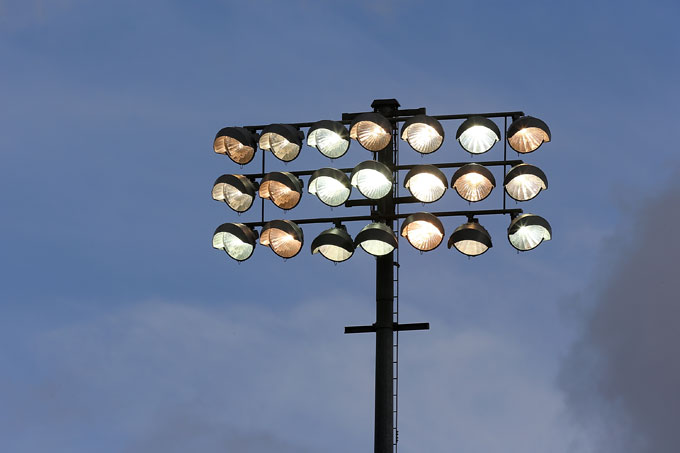RIO DE JANEIRO, BRAZIL – The billions of pesos in resources that the Argentine state allocates to subsidize energy have placed Alberto Fernandez’s government before a dilemma that generates a thorny debate, at a time when the South American country seeks to reduce the fiscal deficit but also to contain very high inflation.

The Argentine Minister of Economy, Martin Guzman, said last Friday that the government must be “self-critical” about the energy subsidies since they benefit high-income sectors that do not need them. At the same time, the state must make a huge fiscal effort to assist a large part of the population affected by the economic and health crisis.
Guzmán made these statements after a week of strong rumors about a confrontation within the government over the policy regarding energy subsidies.
The controversy arose from the decision of the Undersecretary of Energy, Federico Basualdo, to validate a 9% increase in electricity rates -frozen for two years- for Buenos Aires and its urban area, an insufficient increase for Guzmán’s objective of reducing the bulky energy subsidies.
The local press reported that Guzmán asked for Basualdo’s resignation, but the undersecretary, close to Vice-President Cristina Kirchner, remained in his post.
The division of the ruling party was evidenced, on the one hand, by the public support that Axel Kicillof, Governor of the Province of Buenos Aires and former Minister of Economy of Cristina Kirchner, gave to Basualdo as an “excellent official”, and, on the other hand, by the participation of Guzman together with Alberto Fernández in a meeting of the Council against Hunger where the Minister took a position on subsidies.
Finally, this Saturday, the Chief of Staff, Santiago Cafiero, admitted the internal “discussions”. “They hurt each other among colleagues,” he lamented.
FISCAL IMPACT
According to private estimates, energy subsidies have a strong fiscal impact: 1.7 % of GDP in 2020 and, according to private estimates, at least 2.2 % this year if electricity rates only go up by 9 %.
This complicates Guzman’s budgetary objective of lowering this year’s primary deficit to 4.2% of GDP, from the 6.5% of 2020, a fiscal goal that is also closely watched by the International Monetary Fund at a time when Argentina is negotiating with the organization an agreement to refinance debts for US$45 billion.
The 2021 Budget, in fact, contemplates a level of subsidies similar to that of 2020, so that, to maintain this expenditure at 1.7% of GDP, a tariff increase of well over 9% – as large as 35%, according to some experts – would be required.
According to a report by the Budget Office, the energy subsidies budgeted for this year amount to 623,682 million pesos (US$6.3 billion), of which 441,750 million pesos (US$4,5 billion) are to subsidize the costs of the electricity sector not covered by what users pay.
Another important portion, for 170,053 million pesos (US$1.7 billion) budgeted for this year, corresponds to subsidies to the production and consumption of natural gas.
According to Guzmán, in the current economic context of Argentina, which accumulates three years of severe recession aggravated by the Covid-19 pandemic, and in a scenario of growing poverty (42%), it is “essential” for the State to have more resources and “fine-tune” their use “in a situation of scarcity”, allocating them to the most vulnerable sectors”.
TARIFFS AND INFLATION
Raising tariffs at higher rates would help to put the fiscal path back on track. Still, it would have a strong impact on another variable that has become Argentina’s chronic malady – high inflation – 36.1% in 2020. According to the latest private projections, it could climb to 47.3% this year.
In such a fragile economic and social context and with mid-term elections this year, higher inflation could mean an even more acute headache for the government.
It was Kicillof who made public a few days ago what the hardcore of Kirchnerist populism thinks: increases higher than 9% “with the pockets thin and in times of pandemic are difficult to think about”.

